“We have been waiting for this for a long time,” 17-year-old Sanabel says. “Finally, I will put my head on my pillow without worrying.”
She is one of millions of Palestinians across Gaza celebrating the ceasefire deal that the US and mediators Qatar say was agreed by Israel and Hamas on Wednesday after 15 months of war.
Part of the first phase of the deal, which takes effect on 19 January, will see Israeli forces pull back from populated areas of Gaza, allowing displaced Palestinians to return to their homes. Hundreds of aid lorries will also be allowed into the territory each day.
Those in Gaza have spoken of their joy and relief, but also their sadness and worry as they mourn killed loved ones, and begin rebuilding the territory after more than a year of devastation.
Speaking to the BBC World Service after news of the ceasefire, Sanabel, who is in Gaza City, said: “Finally! We got what we wished for! All of us are delighted now!”
She said her family planned to return home “in the middle of the night” in her father’s newly repaired car.
Both Qatar and the US confirmed the ceasefire and hostage release deal after negotiations progressed in recent weeks, prompting celebrations both in Gaza and from Israeli hostages’ families.
A Hamas official said earlier it had approved the draft agreement from mediators. The Israeli prime minister’s office said there were “several unresolved clauses” but hoped details could be finalised on Wednesday night.
The deal will come into effect on Sunday providing it is approved by the Israeli cabinet.
“I feel great, I have never been this happy before,” Dima Shurrab, 19, told the BBC in a WhatsApp message from Khan Younis. “I can’t believe what’s happening around me now. Am I dreaming?”
“We are happy in Gaza, but we are afraid. The fear will disappear when the agreement enters into force.”
Just two months ago, Shurrab ended a call with the words “pray we stay alive”.
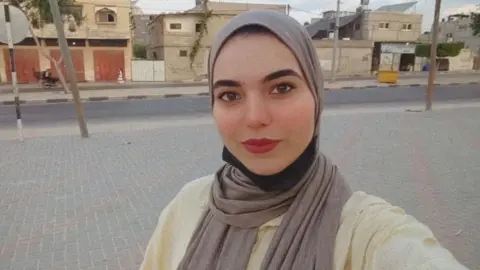
Her family was living in a partially-destroyed home after evacuating multiple times. They survived on bread, nuts, peas, beans and some very expensive vegetables. She walked up to two kilometres to get water and lit wood fires because she had no cooking gas.
She had a scholarship to study medicine in Algeria, but the war broke out two days after she submitted her passport to get a visa. She could not afford to pay a broker around $5,000 (£4,088) to leave through Rafah – her only option until May, when that crossing closed.
“I felt that my future, my dreams were being blocked,” she said.
Now though, a ceasefire brings her ambition to become a doctor closer.
The first phase of the agreement, lasting six weeks, will also see 33 of the almost 100 hostages held by Hamas exchanged for Palestinian prisoners in Israeli jails.
Negotiations for the second phase would start on the 16th day of the ceasefire. It should see the remaining hostages released, a full Israeli troop withdrawal and a “sustainable calm”.
The third and final stage would involve the reconstruction of Gaza, which could take years, and the return of any remaining hostages’ bodies.
‘A day of happiness and sadness’
Ahmed Dahman, 25, told the Reuters news agency the first thing he would do when the ceasefire begins is recover the body of his father, who was killed in an air strike on his family’s house last year, and “give him a proper burial”.
“I feel a mixture of happiness because lives are being saved and blood is being stopped,” he said from Deir al-Balah, where he lives having been displaced from Gaza City.
“But I am also worried about the post-war shock of what we will see in the streets, our destroyed homes, my father whose body is still under the rubble.”
Iman Al-Qouqa, who lives with her family in a tent in the territory, described it as “a day of happiness and sadness, a shock and joy”.
“Certainly it is a day we all must cry and cry long because of what we all lost,” she told Reuters.
The Israeli military launched a campaign to destroy Hamas in response to the group’s unprecedented attack on southern Israel on 7 October 2023, in which about 1,200 people were killed and 251 others were taken hostage.
More than 46,700 people have been killed in Gaza since then, according to the territory’s Hamas-run health ministry.
Most of the 2.3 million population has also been displaced, there is widespread destruction, and there are severe shortages of food, fuel, medicine and shelter due to a struggle to get aid to those in need.





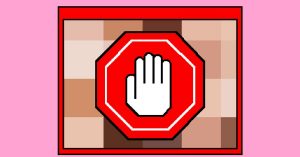







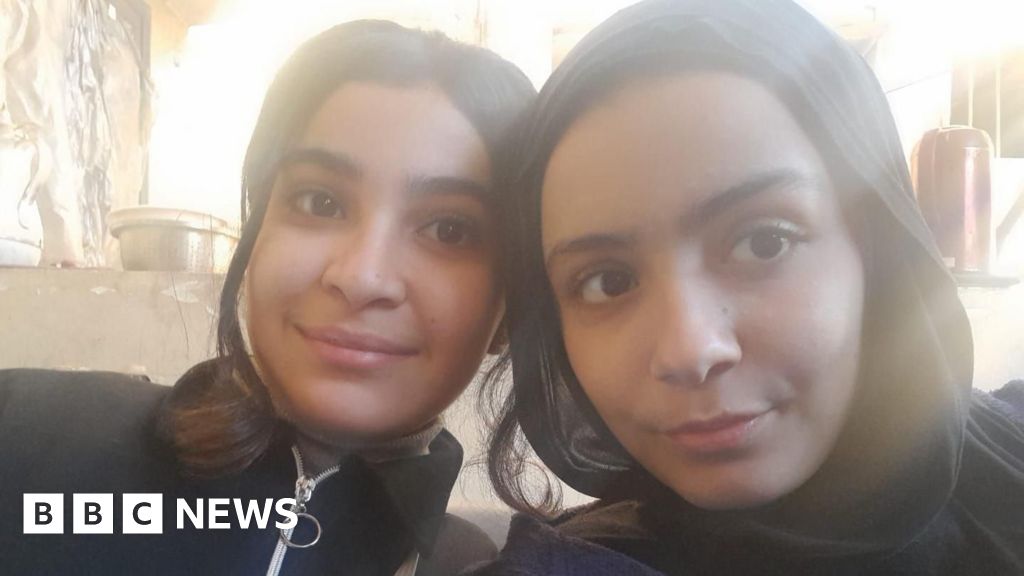



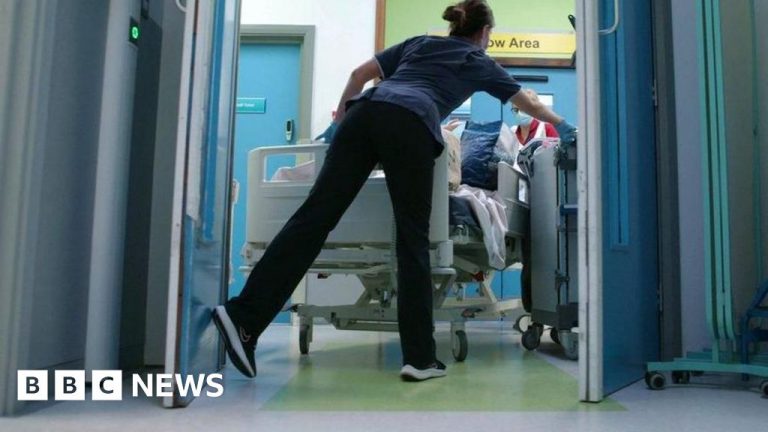
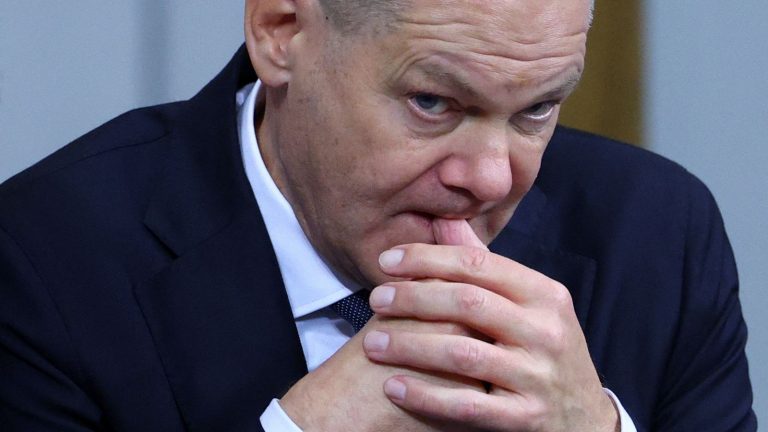





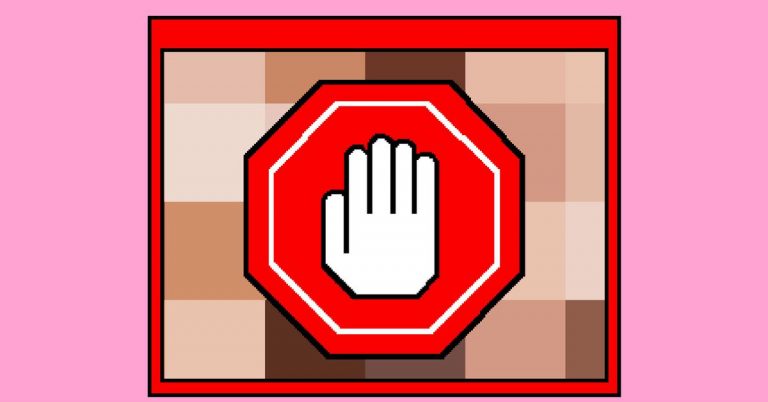

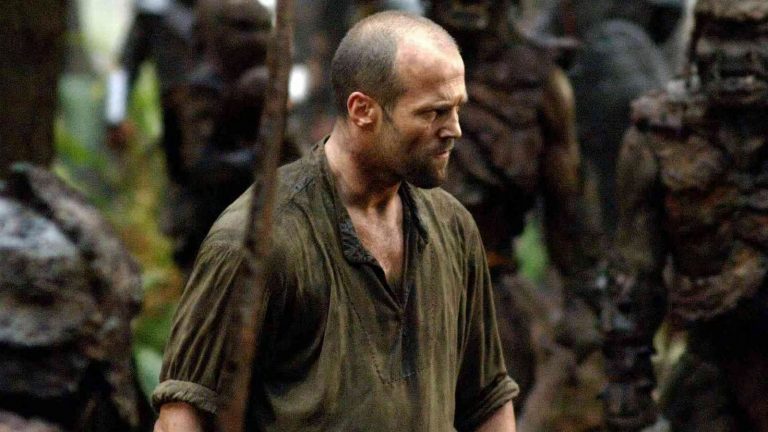
+ There are no comments
Add yours